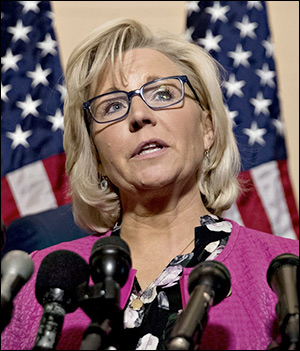By Jim Ellis

Former vice president and ex-Delaware senator Joe Biden
Unfortunately for her, Iowa was always one of her weakest states and the fact that it is first on the voting schedule caused her air of inevitability to be pierced rather quickly.
As you may remember, Clinton won the Iowa Caucus, but the result was a virtual tie with Sen. Bernie Sanders, forcing the local committee people to decide some precinct results with the flip of a coin — tosses in which Clinton prevailed every time. With her inevitability veil coming off, Clinton then headed to New Hampshire where she would lose 60-38 percent.
Because the race winnowed to a two-person affair, Clinton was successfully able to rebound, scoring early victories in Nevada and South Carolina to get her campaign back on track.
Two new polls suggest that former Vice President Joe Biden may be facing a similar pattern in the early states, and being mired in a crowded field suggests we may see a different final result than what Clinton achieved.
Two new surveys suggest that Biden may already be weakening in the first two states. Though small in terms of first ballot delegate votes (Iowa, 41; New Hampshire, 24), the pair are critically important in casting early momentum. With 25 candidates now beginning the campaign, and at least six appearing viable, developing early momentum is more important than within the much smaller 2016 nomination field.
Change Research conducted the Iowa and New Hampshire polls (along with one in South Carolina where Biden has a comfortable 39-15-13-11 percent edge over Warren, Sanders, and Buttigieg) and their findings suggest that Biden could have some early trouble. Though the polling samples are small — 308 respondents for each state — the sample size may accurately reflect the diminutive voting universes found in the two places. All the surveys were conducted from June 17-20.
In Iowa, Biden leads, but with only a 27-20-18-17 percent margin over Sens. Elizabeth Warren and Sanders, while South Bend Mayor Pete Buttigieg posts a close 17 percent support. Having four candidates within 10 points suggests that any one of them could break out with a win, especially with the Feb. 3 Caucus still months away.


 June 25, 2019 — There have been several important state polls recently released that provide us data about where the Democratic presidential candidates stand in relation to popular preference. But that is only half the story.
June 25, 2019 — There have been several important state polls recently released that provide us data about where the Democratic presidential candidates stand in relation to popular preference. But that is only half the story.


